News

Aug 25, 2020
Bull elected fellow of American Phytopathological Society
Carolee Bull, professor of systematic bacteriology and plant pathology in Penn State's College of Agricultural Sciences, has been elected as a fellow of the American Phytopathological Society, an honor given to members in recognition of distinguished contributions to the discipline of plant pathology.
Full Article
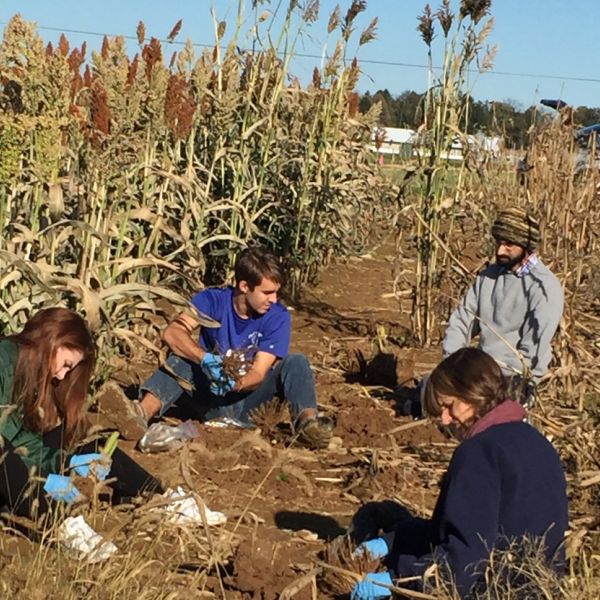
Aug 21, 2020
Flavonoids' presence in sorghum roots may lead to frost-resistant crop
Flavonoid compounds — produced by the roots of some sorghum plants — positively affect soil microorganisms, according to Penn State researchers, who suggest the discovery is an early step in developing a frost-resistant line of the valuable crop for North American farmers.
Full Article

Aug 06, 2020
Penn State Microbiome Center and GALT enter collaboration to advance research
The Penn State Microbiome Center and General Automation Lab Technologies (GALT) announced their collaboration to advance plant pathology, environmental microbiology and human gut microbiome studies.
Full Article

Jun 30, 2020
Coral Researchers Recognized for Significant Contributions to Field
Iliana Baums and her research team were recognized by members of the coral reef community as making significant contributions to coral reef research.
Full Article
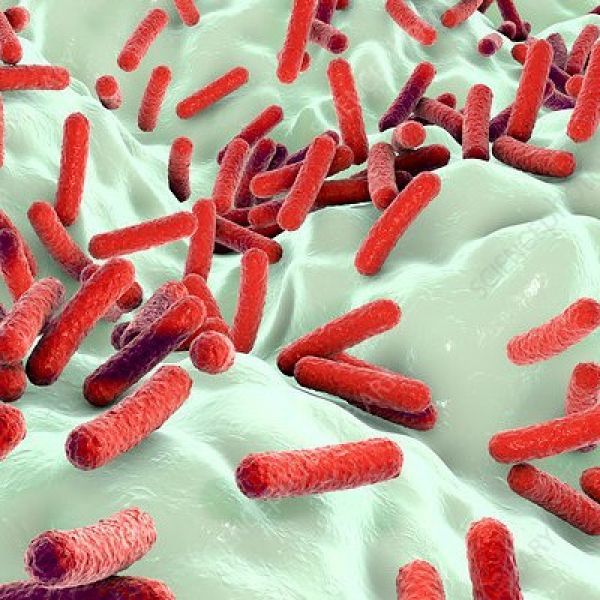
May 14, 2020
The Mighty Microbiome
Researchers in the College of Agricultural Sciences aim to put microbes to work to improve our health and environment.
Full Article
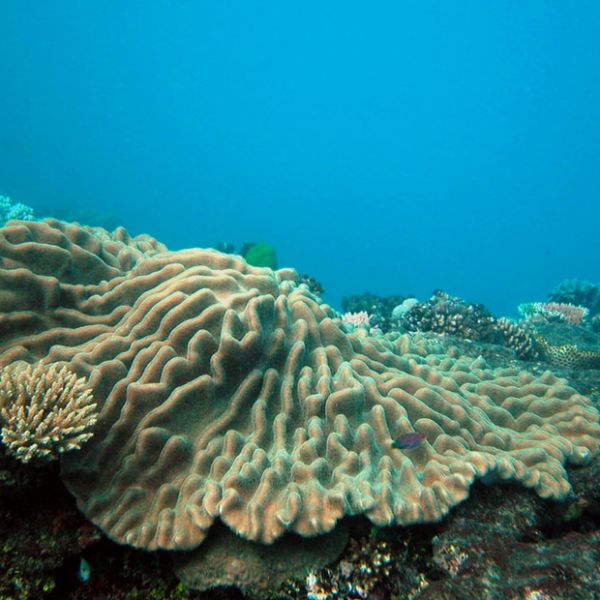
Apr 27, 2020
Iron deficiency in corals?
When iron is limited, the tiny algae that live within coral cells — which can provide the majority of a coral’s nutritional needs — change how they take in other trace metals, which could have cascading effects on vital biological functions.
Full Article
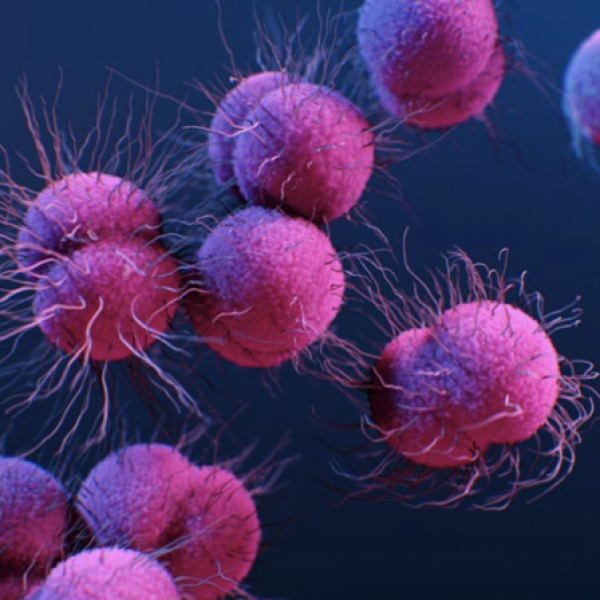
Mar 24, 2020
Developing a novel oral antibiotic to treat multidrug-resistant gonorrhea
Up to $2.86M has been awarded to a research team including Penn State scientists to develop a new oral antibiotic to treat multidrug-resistant gonorrhea, a sexually transmitted disease caused by bacteria that have developed resistance to all but one existing antibiotic.
Full Article
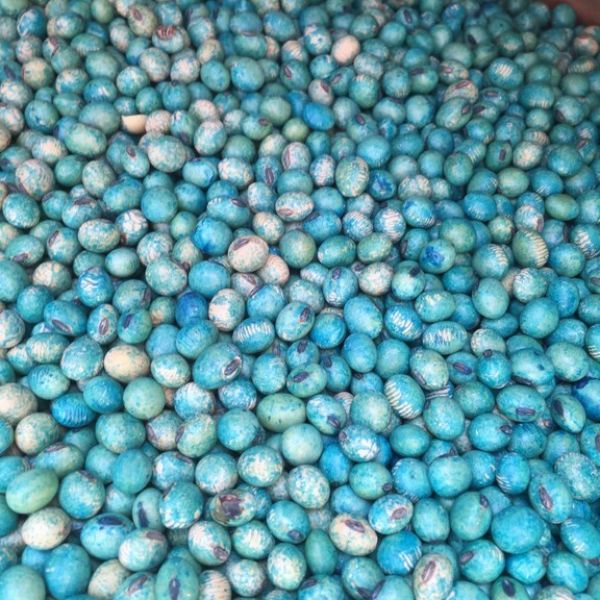
Mar 18, 2020
Pesticide seed coatings are widespread but underreported
Pesticide-coated seeds — such as neonicotinoids, many of which are highly toxic to both pest and beneficial insects — are increasingly used in the major field crops, but are underreported, in part, because farmers often do not know what pesticides are on their seeds, according to an international team of researchers.
Full Article
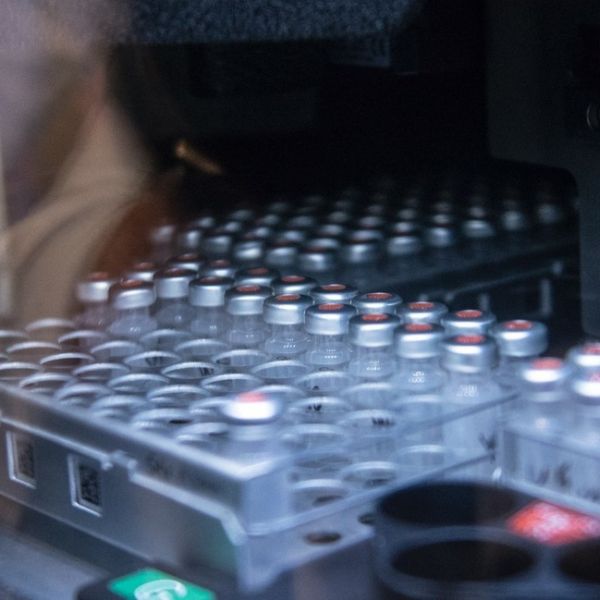
Mar 11, 2020
Listening to your gut: A powerful new tool on the microbiome and cell metabolism
Many aspects of our lives — not only the presence or absence of certain diseases, but conditions like obesity, sleep patterns, even mood — may be determined, to a surprising extent, by the microbes living inside of us.
Full Article
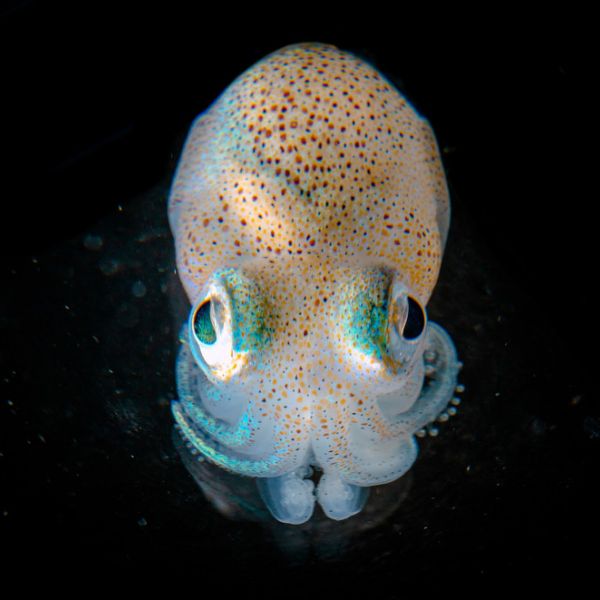
Mar 12, 2020
Gene regulatory factors enable bacteria to kill rivals and establish symbiosis
Two factors that control the expression of a key gene required by luminescent bacteria to kill competing bacterial cells have been identified. The finding, by researchers at Penn State, sheds light on the molecular mechanisms that enable different strains of bacteria to compete and establish symbiosis in the Hawaiian bobtail squid.
Full Article